Hezbollah Secretary General Sayyed Hassan Nasrallah says the pager and walkie-talkie attacks against its members in Lebanon and Syria this week crossed “all red lines” and the group will retaliate and is undeterred in its fight against Israel in support of Palestinians in Gaza.
On Thursday, in his first televised speech since the unprecedented attacks, which took place over two days and killed at least 37 people, Nasrallah called them a “big blow in terms of security and human losses”, but said the Israeli attacks have failed to failed to achieve their objectives.
Nasrallah said the group is investigating how the bombings were carried out.
“Yes, we were subjected to a huge and severe blow,” he said. “The enemy crossed all boundaries and red lines.”
Pointing to the number of pagers and walkie-talkies, he accused Israel of intending to kill thousands of people at one time.
“The enemy will face a severe and fair punishment from where they expect and don’t expect,” he said.
Nasrallah vowed to keep up daily strikes on Israel despite the deadly sabotage of its members’ communication devices, and said Israeli settlers displaced from near the Lebanon border because of the fighting would not be able to return until the Israeli war on Gaza ends.
“The only way is stop the aggression on the people of Gaza and the West Bank,” he said. “Neither strikes, nor assassinations nor an all-out war will achieve that.”
The blasts, which Hezbollah blames on Israel, wounded more than 2,900 people. Of those, 287 are in a critical condition and have heightened fears that 11 months of near-daily exchanges of fire between Hezbollah and Israel will escalate into all-out war.
In keeping with many previous attacks, Israel has yet to admit responsibility or comment on the blasts.
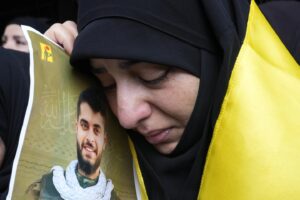
A woman holds a picture of a Hezbollah member who was killed on Wednesday when a handheld device exploded, during his funeral procession in the southern suburbs of Beirut, Thursday, September 19. – Photo by AP
In recent weeks, Israeli leaders have stepped up warnings of a potential larger military operation against Hezbollah, saying they are determined to stop the group’s fire to allow tens of thousands of Israelis to return to homes near the border with Lebanon.
As Israeli jets carried out sonic booms over Lebanon during his speech, Nasrallah called Tuesday’s and Wednesday’s explosions a “terrorist act” and a “declaration of war” against the people of Lebanon and the country’s sovereignty.
He conceded the attacks were “unprecedented in the history of the resistance movement in Lebanon” as well as “in the history of our country” and “our enemy.”
But Nasrallah said Hezbollah would continue supporting Palestinians in Gaza “no matter what the consequences are, what the sacrifices are, what scenarios will unfold.”
“From October 8 until now, the Israeli forces did not pull out any of their military personnel in the north,” the Hezbollah leader said in the speech, warning that Israelis who have evacuated from the area would not be allowed to return.
He said the devices exploded inside hospitals, markets, homes and several areas where civilians were present and Israel had “willfully” targeted 4,000 pagers and 1,000 walkie-talkies with the aim to kill as many people as possible in two minutes.
He added that some of the attacks took place in hospitals, pharmacies, marketplaces, commercial shops and even homes, private vehicles and on public roads where thousands of civilians, including women and children, are present.
Nasrallah also stressed the assaults were partially foiled as “many devices were out of service, turned off [or] kept away.”
He added that what happened did not impact the group’s command, control or infrastructure.
“I reassure you our infrastructure has not been touched,” he said.
During Nasrallah’s speech, Hezbollah struck at least four times in northern Israel, and two Israeli soldiers were killed in a strike earlier in the day and several were injured. Israeli warplanes flew low over Beirut while Nasrallah spoke and broke the sound barrier, scattering birds and prompting people in houses and offices to quickly open windows to prevent them from shattering.
On Thursday, Israel also launched attacks in southern Lebanon, saying it struck hundreds of rocket launchers and other Hezbollah infrastructure, though it was not immediately clear if there were any casualties. The Israeli army claimed the launchers were about to be used “in the immediate future.”
At the same time, the army ordered residents in parts of the Golan Heights and northern Israel to avoid public gatherings, minimize movements and stay close to shelters in anticipation of possible rocket fire.
The attack on electronic devices appeared to be the culmination of a months long operation by Israel to target as many Hezbollah members as possible all at once — but civilians were also hit. At least 37 people were killed, including two children, and some 3,000 wounded in the explosions Tuesday and Wednesday.
Israel began moving more troops to its border with Lebanon on Wednesday as a precautionary measure, Israeli officials said. Israel’s army chief, Lt. Gen. Herzi Halevi, said plans have been drawn up for additional action against Hezbollah, though media reported the government has not yet decided whether to launch a major offensive in Lebanon.


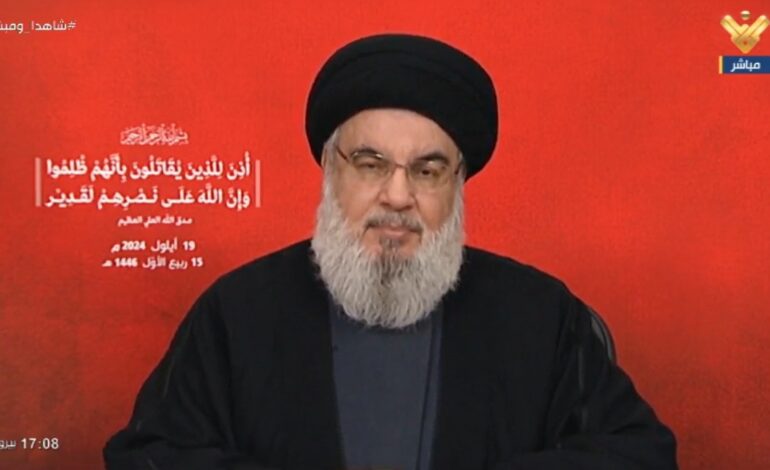
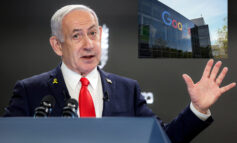
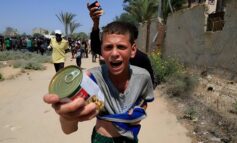
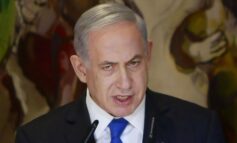
Leave a Reply